Happy Reggae and Black History Month. This blog is dedicated to our beloved Louise Bennett whom we affectionately call Miss Lou. She is the Jamaican aunt we all wanted to have. Here's some information you need to know about this phenomenal, beautiful, spirited, creative woman who loved and promoted Jamaica and its dialect.
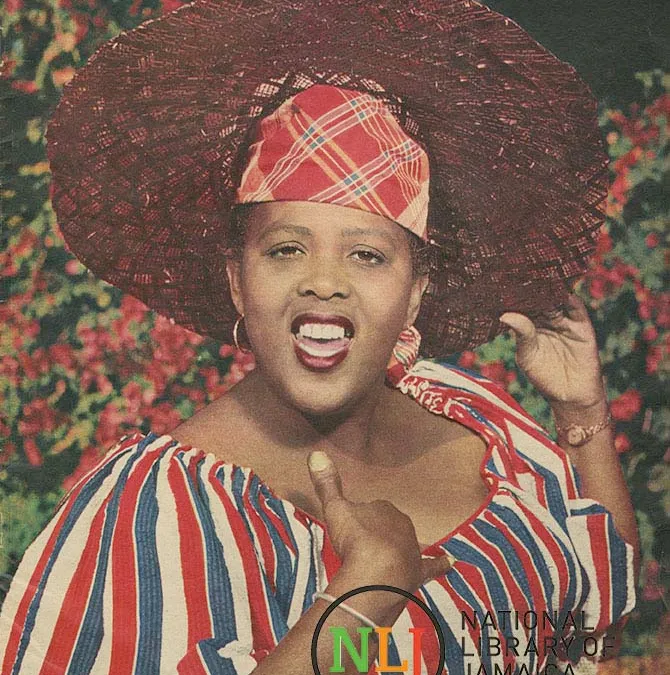
Louise Simone Bennett-Coverley, affectionately known as Miss Lou, was born on September 7, 1919, on North Street in Kingston, Jamaica. She was the only child of Augustus Cornelius Bennett, the owner of a bakery in Spanish Town, and Kerene Robinson, a dressmaker. Tragically, her father passed away in 1926, leaving her primarily in the care of her mother.
Her educational journey began in elementary schools, including Ebenezer and Calabar, before progressing to St. Simon's College and Excelsior College, both located in Kingston. In 1943, her passion for Jamaican folklore led her to enroll at Friends College in Highgate, St. Mary, where she delved deeper into the study of the cultural heritage she would later champion.
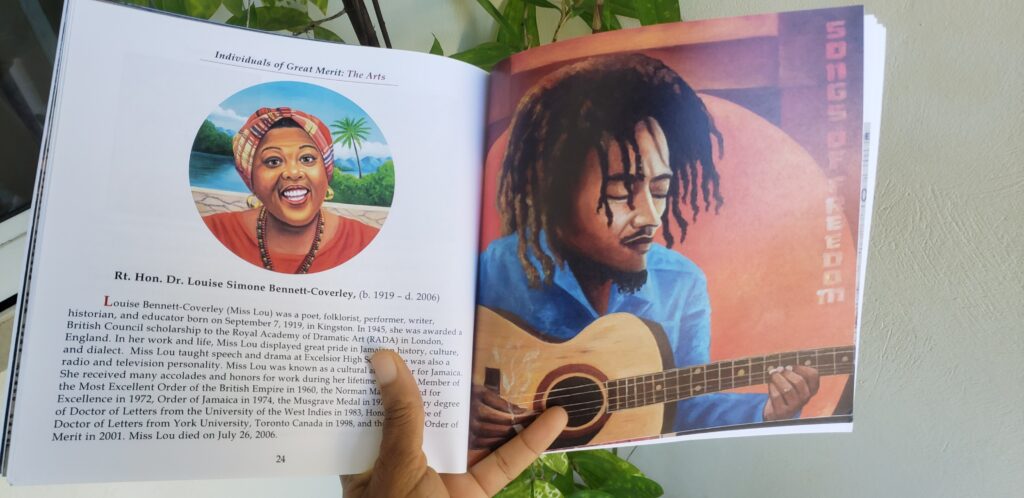
During this period, in 1943, her poetic talents in Jamaican Patois first gained public recognition when her work was published in the Sunday Gleaner. A significant milestone occurred in 1945 when Bennett became the first black student to study at London's prestigious Royal Academy of Dramatic Art (RADA), securing a scholarship from the British Council. This international exposure laid the foundation for her subsequent contributions to theater and the arts.
Upon completing her studies at RADA, Bennett embarked on a career that took her across England. She worked with repertory companies in Coventry, Huddersfield, and Amersham, and hosted two radio programs for the BBC – "Caribbean Carnival" (1945–1946) and "West Indian Night" (1950). Her time in England showcased not only her acting prowess but also her ability to bridge cultural gaps through her engaging performances.

Returning to Jamaica, Bennett became a trailblazer in various fields. From 1955 to 1959, she worked for the Jamaica Social Welfare Commission, contributing to the cultural and social development of the nation. Her role at the University of the West Indies saw her teaching folklore and drama, further solidifying her influence in education and the arts.
In 1965, Bennett launched a groundbreaking radio series titled "Miss Lou's Views," which ran until 1982. The program featured her engaging monologues, providing a platform for her to discuss social issues, folklore, and her witty observations on Jamaican life. Concurrently, she also started hosting the children's television program "Ring Ding," aiming to instill a sense of cultural pride and heritage in Jamaican youth.
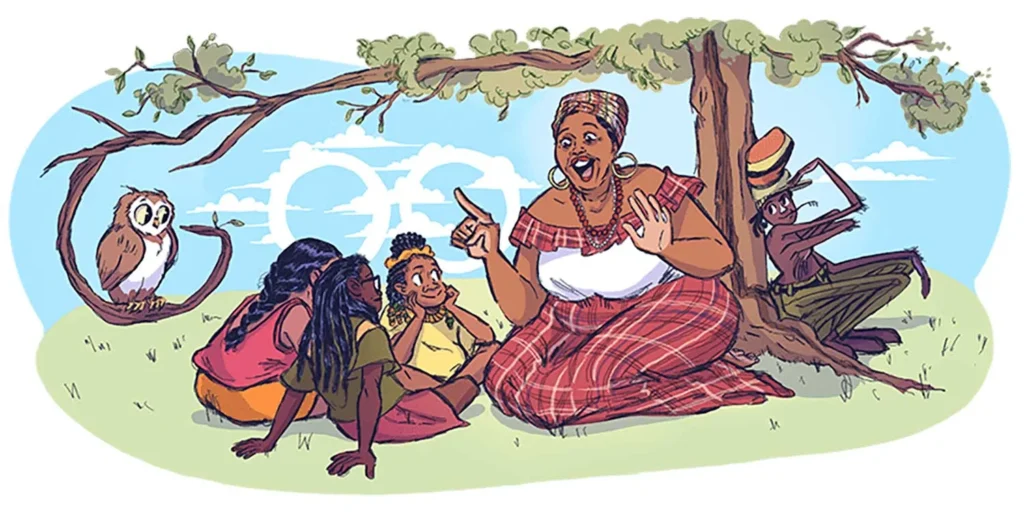
Her commitment to preserving and promoting Jamaican culture extended beyond the airwaves. Bennett authored several books and poems in Jamaican Patois, including "Anancy Stories And Poems In Dialect" (1944), "Jamaica Labrish" (1966), and "Auntie Roachy Seh" (1993). Through her written work, she not only entertained but also elevated Jamaican Patois to a respected literary form.
Miss Lou's influence reached far beyond the shores of Jamaica. Her impact on the global stage is evident in her collaborations with international artists, such as Harry Belafonte. She played a pivotal role in inspiring Belafonte's iconic hit "Day-O (The Banana Boat Song)," introducing him to the Jamaican folk song "Hill and Gully Rider." Bennett's recordings of traditional Jamaican folk music and her radio and television shows further showcased the richness of Jamaican cultural expressions.
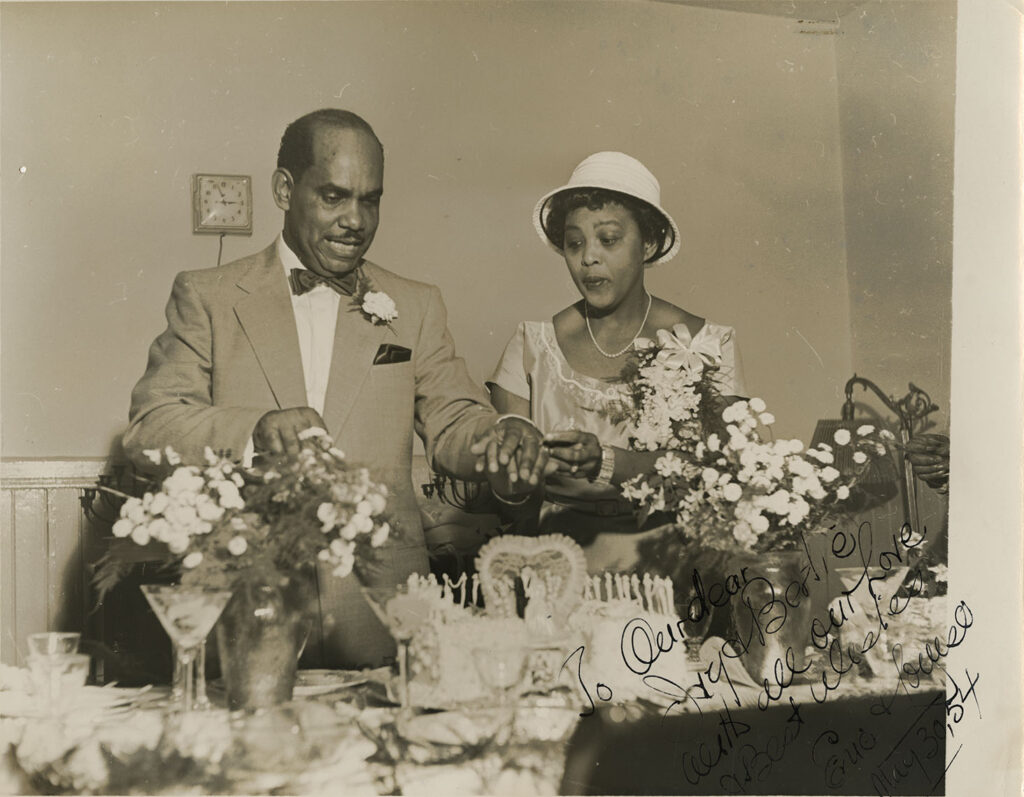
Her marriage to Eric Winston Coverley, a prominent figure in Jamaican theater, marked a personal and professional partnership that lasted nearly five decades until his passing in 2002. Together, they had a son, Fabian, and Bennett's dedication to family and community mirrored her commitment to preserving Jamaican heritage.
Miss Lou's contributions were recognized through numerous awards, including the Member of the Most Excellent Order of the British Empire (1960), the Norman Manley Award for Excellence (1972), the Order of Jamaica (1974), and the Jamaican Order of Merit (2001). Her honorary doctorates from York University (1998) and the University of the West Indies attest to the academic acknowledgment of her cultural impact.
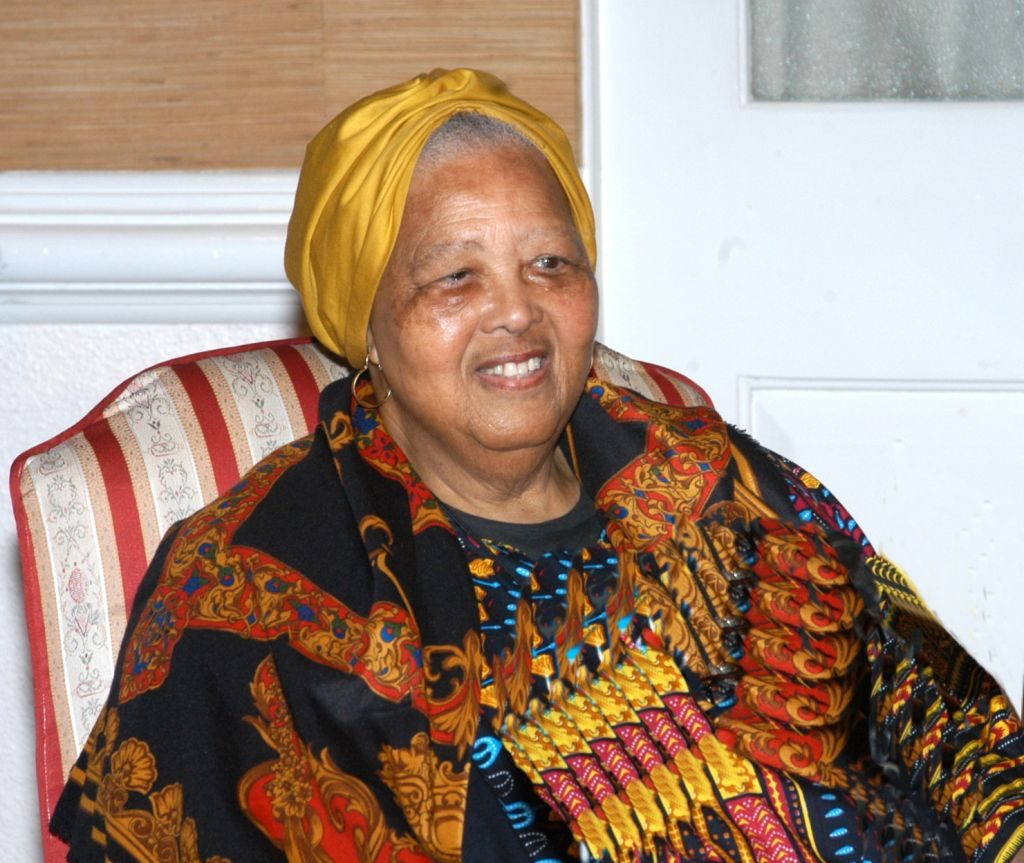
Upon her passing in 2006, a memorial service in Toronto and a grand funeral in Kingston celebrated her life. Her legacy lives on through the Miss Lou Archives, established in 2016, housing a treasure trove of her personal papers, photos, audio recordings, diaries, and correspondence. The McMaster University Library and the National Library of Jamaica safeguard these archives, ensuring that future generations can access and appreciate her immense contribution to Jamaican culture.
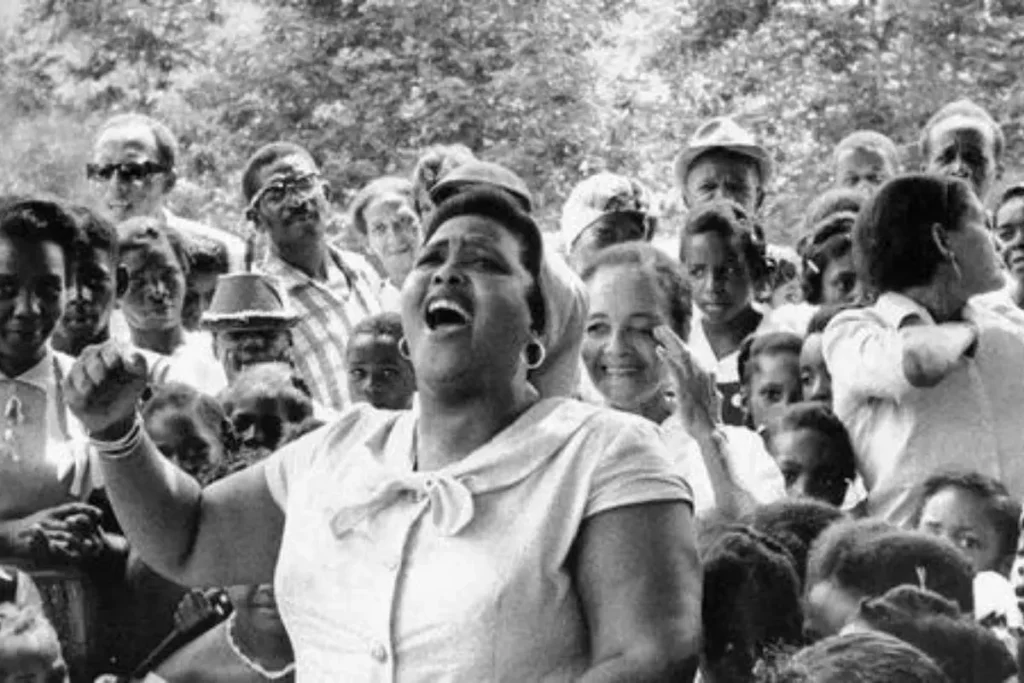
In assessing Louise Bennett's cultural significance and legacy, Dr. Basil Bryan, Consul General of Jamaica, aptly described her as an audacious inspiration. Bennett's work not only validated local languages for literary expression but also provided a unique lens through which to view the social experiences of working-class women in a postcolonial landscape.
Miss Lou's influence extended to academia, where she received an Honorary Doctor of Letters from York University in 1998 and a Doctor of Letters from the University of the West Indies. These degrees highlighted her impact on Caribbean literary studies and her role in fostering an appreciation for Jamaican language and folklore among scholars and students.
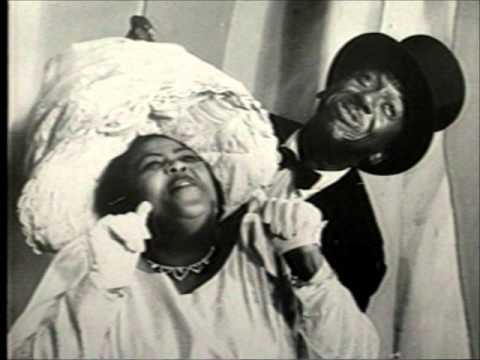
In her honor, Harbourfront Centre in Toronto, Canada, dedicated a venue named Miss Lou's Room, recognizing her as a symbol of cultural excellence. The Louise Bennett Exchange Fellowship in Caribbean Literary Studies at the University of Toronto further solidified her legacy, providing opportunities for students to delve into the rich literary traditions of the Caribbean.
Miss Lou's achievements were not confined to awards and titles; her true legacy lies in her role as a cultural ambassador, educator, and advocate for the preservation of Jamaica's linguistic and folk traditions. Her work laid the foundation for future generations of artists, writers, and performers to proudly embrace and celebrate their cultural identity.
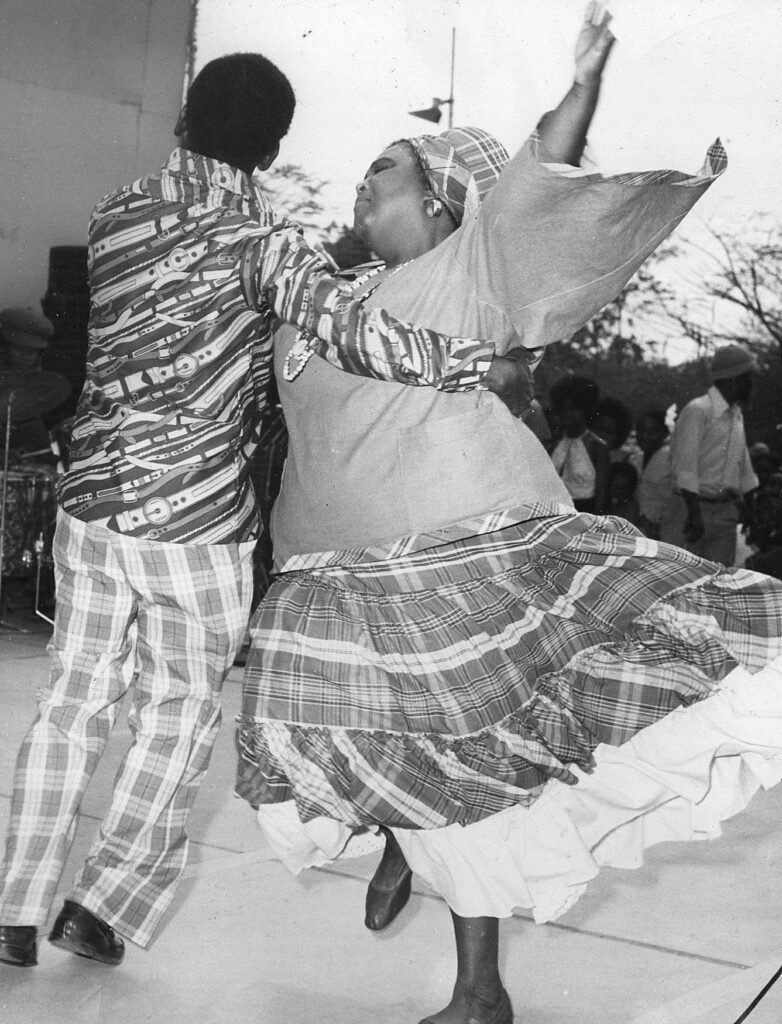
As we celebrate Black History and Reggae Music Month in February 2024, it is crucial to recognize Louise Bennett's enduring impact. Her fearless dedication to preserving Jamaican culture and language, coupled with her infectious humor, solidified her status as a national treasure and a global cultural ambassador. Through her pioneering efforts, Miss Lou not only entertained but also educated, leaving a forever mark on the world of literature, folklore, and Jamaica.
